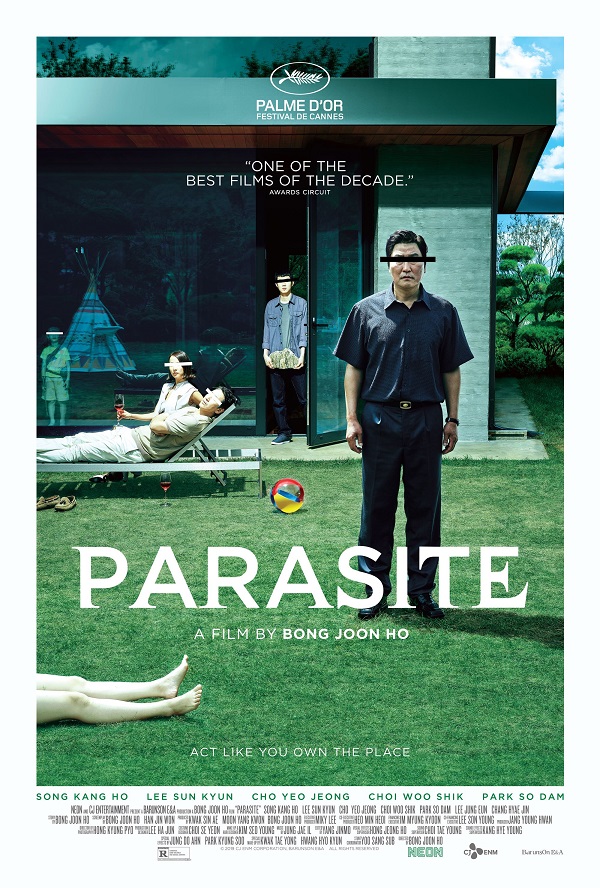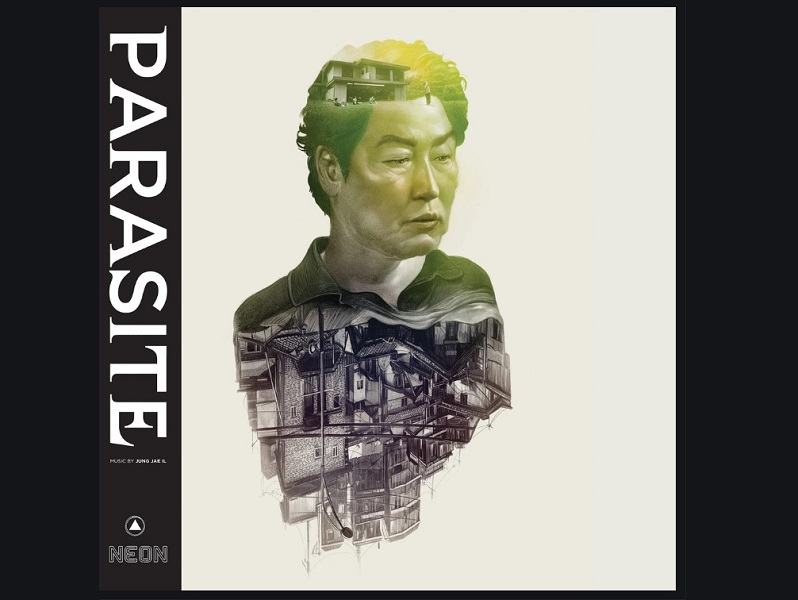Korea’s CJ E&M Oscar Win Signify Korean Film Industry Going Global
– Over a decade old demand of K pop sees new surge for Korean film global distribution, funding & production .
– The original screenplay for film “Parasite” by Bong Joon Ho and Han Jin Won also marks the first time an Asian nominee has won in any writing category.
– Over a decade old demand of K pop sees new surge for Korean film global distribution, funding & production .
– The original screenplay for film “Parasite” by Bong Joon Ho and Han Jin Won also marks the first time an Asian nominee has won in any writing category.

As we eavesdrop our way, wiggling through the crowds of Broadcast Asia and Asia TV Forum (ATF) last year, we caught a rumour in the wind. Perching high on our radar, Korea seems to be emanating a rather unusual tone ever since the birth and evolutionary journey of Korean pop culture and its global reach.
At that time, some of our more senior colleagues were still wondering and looking to answer the question on why the demand for Korea’s popular culture has surged so drastically over the last decade, and ever more so the last few years.
At the grander scheme of the matter, we began to see the unravelling of CJ E&M’s intricate and carefully crafted master business plan for its entertainment division. The incessant participation of talents, its management and a strategy to expand westward and internationally was no easy feat. At the beginning of 2006, CJ E&M began selling remake rights of its films to studios in the United States. Fast forward to 2016, it revamped its strategy aggressively focusing on financing, development and production on their own.
But after years of censorship, South Korea is playing catch up. And recognition to compete with the big boys of the world’s largest entertainment industry was given a huge stamp of approval when its film “Parasite” became the first international film to win best picture at the 92nd Academy Awards. The film was one of only 10 foreign-language films in Oscar history nominated and won four Academy Awards, including best original screenplay, director for filmmaker Bong Joon Ho and international feature film.
The original screenplay award presented to Bong and Han Jin Won also represents the debut of an Asian nominee winning a category in writing. Today, “Parasite” has made $165.4 mil worldwide, making it the highest-grossing foreign release in the United States in 2019. Bong’s filmmaking efforts for previous films such as “Snowpiercer”, “Okja” and “The Host” has captivated interest among Hollywood’s critics.
Behind the film’s successful endeavors, is a woman trumping South Korea’s entertainment scene. Miky Lee, at 61, has been heading CJ Group’s entertainment and media division, CJ E&M. As heir to the CJ Group conglomerate, she inherited the country’s leading food company, which became the largest Korean pop culture exporter within 20 years.
Her obsession with Hollywood movies gave Korea a new facelift to its barren cinema landscape. Lee managed to pursuade CJ Group to invest $300 mil in DreamWorks, America’s leading animation studio that later created international franchises for Shrek and How to train your dragon. It didn’t stop there, Lee and her brother went on to build cinema infrastructures in South Korea. Today, its multiplex operates over 450 locations all over the world.
Filmmakers became Lee’s focus thereafter. Her efforts to promote and finance films were unsuccessful due to the restraint on freedom of expression and strict imposition of screen quotas by Korea’s Motion Picture Law introduced in 1966 – a law that imposes a quota system for the amount and duration of Korean films in cinema screens. The law’s initial aim was to limit imported films and thereon boost domestic production. This approach not only proved to be unfavorable, it also resulted in some distributors ignoring the quota altogether simply because imported films were more cost-effective and commercially profitable.

At the height of its financial crisis, the government decided to allocate a substantial budget that will invest local talent and shape its cinema landscape into a competitive commercial product. A cultural revolution, prompted by collaborative efforts between the government and creative conglomerates, sparked almost instantaneously, an open and free market without censorship.
Since then, popular genres such as horror and thrillers and low-budget action comedy are fast becoming South Korea’s favourites. While adaptation for domestic films, especially for art house and independent films, are still declining, international conglomerates like CJ and Lotte contradicts this movement and more often than not are criticized for controlling the distribution market and singling out smaller players no matter how much they do to provide resources and expedite the industry. Today, CJ E&M has reached global dominance as the only few who can domestically rival Disney’s box office in Korea.
As Sony, Disney, Warner and new comer like Alibaba continue to compete for market share in Korea, Parasite’s success at the Oscars has conveyed Korean’s increasing interest in expanding to international markets and, along the way, credit some of its domestic talents and productions while instilling great national pride back in Korea. Music Press Asia.











